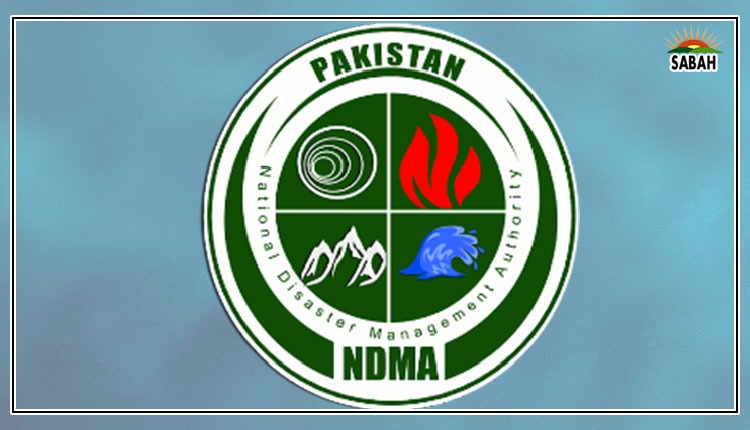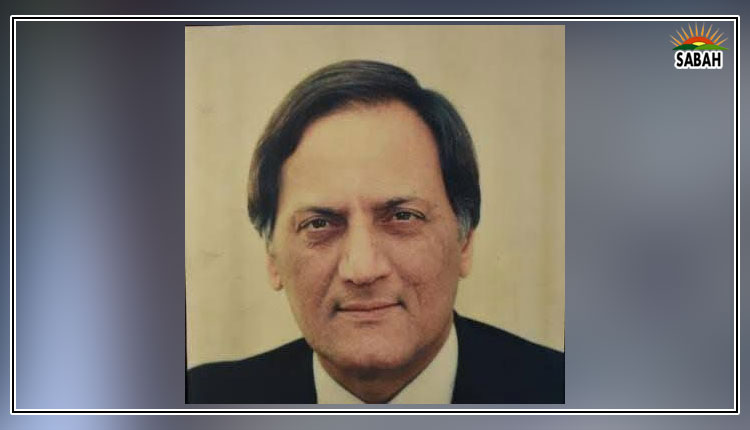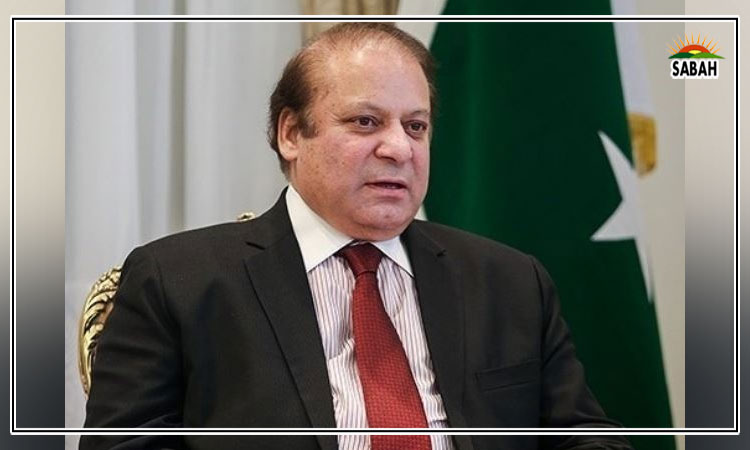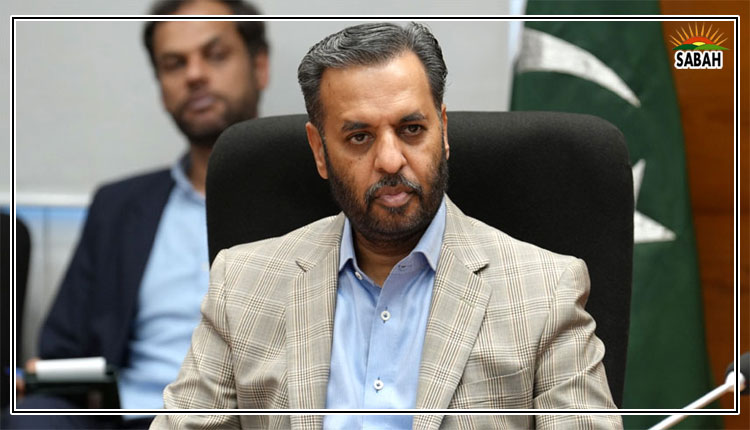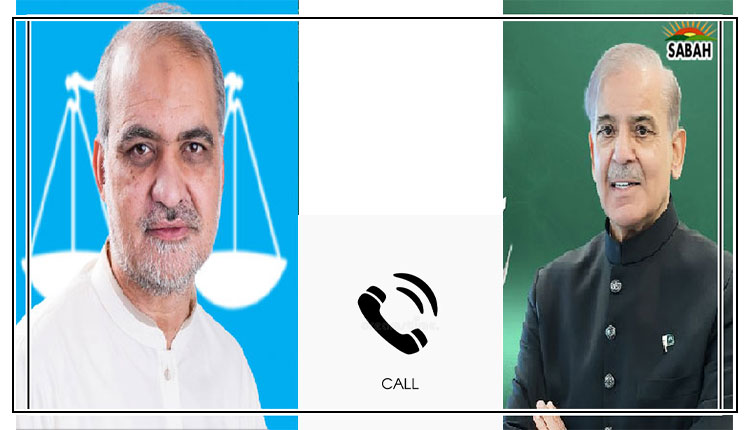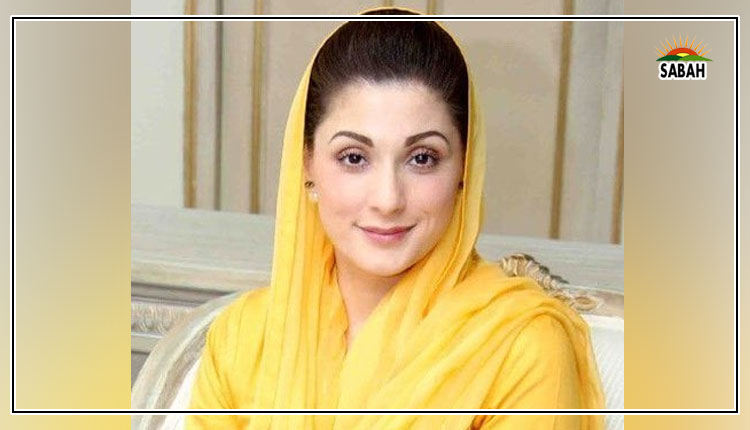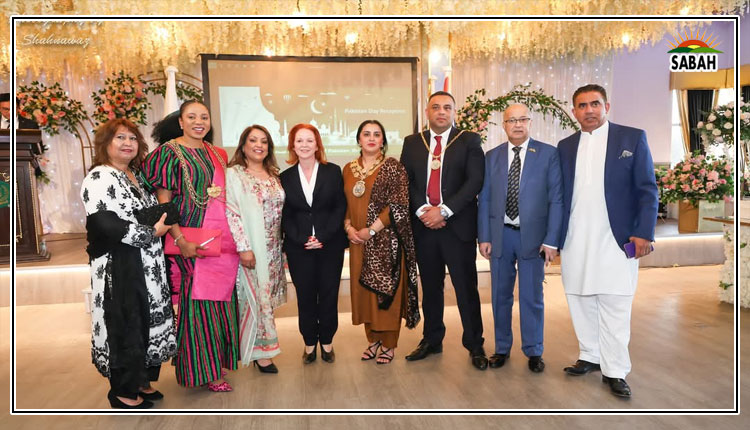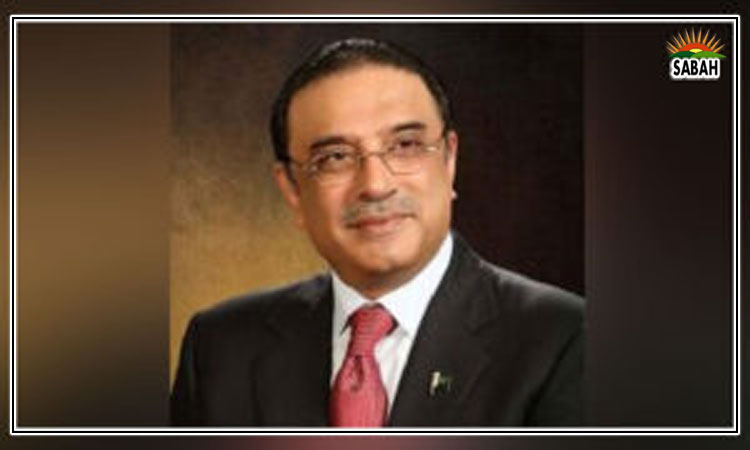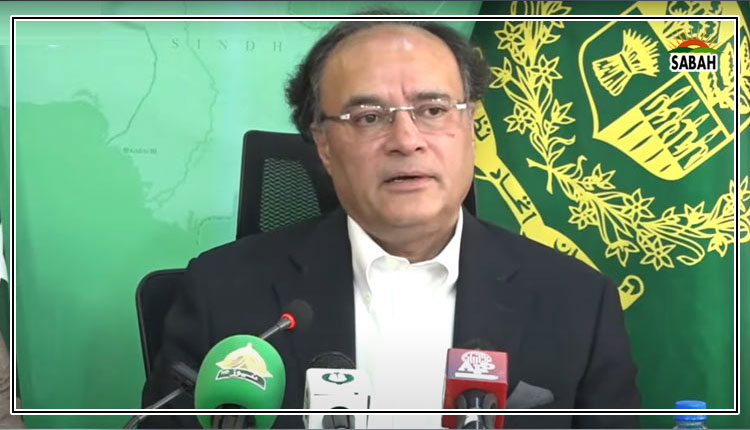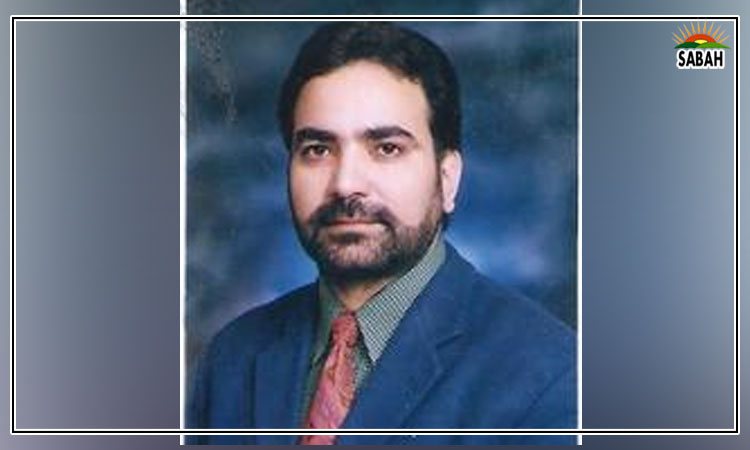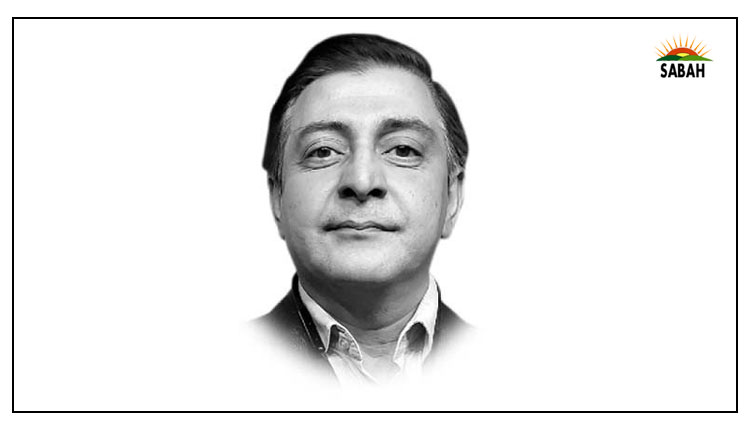Checks and balances….Farrukh Khan Pitafi
Media reports recently revealed information about the salaries of the top office holders of the country as it was submitted to the Public Accounts Committee. It was inevitable that the media would seek to kick up a storm over the monies paid to each official particularly the Chief Justice of Pakistan, the highest-paid official in the country. I have my disagreements with the top judge, but his salary is not one of them. What caught my eye was the buried lede the Prime Ministers salary which is Rs201,574 monthly. This is the highest elected office in the country at a time when inflation is at its worst. I have always maintained that Pakistans public sector is the worst employer. Unless you know how to agitate about your paycheck, it puts you in a box and forgets. Evidently, Prime Ministers are either supposed to have other sources of income, or they are terrible at asking for a pay raise.
But advocacy on such matters has a habit of backfiring royally. At times people get carried away. Let me give you a perfect example. During General Musharrafs rule, a debate began involving retired army officers and businesses like the Army Welfare Trust. As is typical in our national discourse, the discussion invariably ended up being about plots given to such officials. Since General Musharraf favoured comparisons with Kemal Ataturk, Turkey often dominated the drawing room discussions. I had recently read up on the history of the Ottoman Empire. One historian had particularly insisted that behind the armys desire to carve modern Turkey out of the empire, the bar on soldiers to purchase lands played an important role.
So, when the debate was in full swing, I mentioned this view in one of my columns. Now, I know I am just one voice among many and do not suffer from delusions of grandeur. But seeing how the whole plot project, after many twists, has acquired a life of its own, my guilty conscience forces me to come clean. Remember, with the involvement of private contractors, herd instinct in the other government departments and the emergence of property tycoons, the tail is now wagging the dog. If it helps, please know that I have never sought membership in any of such projects, never applied for any free plots or even purchased or possessed any such plots in my entire career. In fact, during Pervaiz Elahis first chief ministership, I learned that a media welfare group had included me in the list of journalists likely to get plots from the provincial government. I approached the head of the body with the request to remove my name. Thinking that I had either gone mental or was being coy, he refused to remove my name. So I severed my ties with the body and have never joined another again.
It is not the governments job to distribute land among journalists because it is clearly a conflict of interest. If anyone should offer journalists such benefits, it has to be their employer. Whether the employers acquire such properties through government grants, saving schemes with the journalists contributions or gifts out of their own pockets is their lookout. We would have known this if the country had an effective system of checks and balances.
I still believe that the countrys soldiers should get plots and perks. Their sacrifices of the past 20 years compel me to do so. But given that property business is now a runaway train and several silos of unaccountable privilege have emerged in the private sector, l one has to call for transparency and remind everyone that too much of everything is bad. No matter how much territory a country has, it is always finite. The development of disproportionate housing property may come at the cost of other critical land uses like agriculture, industry, education, sports, entertainment, healthcare, environmental protection and much more. And speaking of silos of unaccountable privilege, you can also see how the property cartels contribute to the current political crisis.
In a country where the elite spends the lions share of its time fighting to protect its privilege and crush the upstarts, you are bound to lack a critical component needed to establish a system of checks and balances imagination. Why else would the leading conglomerates exhibit herd mentality in investment? Why would you not come across a transparent rags-to-riches story without any mention of crimes? Why is it that when Gwadar was being promoted, the only thing the rich could do was to go there, buy land and leave it at that instead of starting businesses? Why were our political masters fighting over preferred road routes when CPEC first came to the country rather than debating how to get optimum use of the infinite opportunities in business growth and job creation? Similarly, a country that cannot afford to start one TV channel for children has fifty news channels herd instinct and, therefore, lack of imagination.
In the current political situation, you can see how abysmally the whole concept of checks and balances has failed. It took us seventy-five years and a painful crisis to realise that the privilege of the countrys parliament also deserves protection. And about the same time to understand that in the absence of the parliaments laid-down rules, the concentration of suo motu power in one persons hands will always cause turbulence. But in other areas, our imagination still fails us despite compelling evidence. For instance, this unstructured power in the hands of a provincial or a federal chief executive to dissolve an assembly on a whim is an open invitation to abuse. Likewise, in the absence of the third local tier of government, the questions of good governance and price control mechanism will remain unanswered.
And had the CJP not allowed bench politics and partisanship to tarnish the impartial image of the judiciary, it could have played a critical role in preserving the fundamental rights of everyone. More or less the same about the office of the president. Sadly, it is too late now. Mercifully though, the rights groups, often demonised by the centre-right parties like the PTI, exist to shoulder this burden.
If checks and balances powered by imagination, drive and transparency existed in the country, all of these issues ranging from the premiers remuneration to the innovation and diversification in businesses and the neutrality of all institutions, would have already been resolved. For the sake of posterity, we have to begin somewhere. Now seems a good time.
I have never doubted anyones loyalty to the country and believe everyone loves it as much as I do. (Fair warning: I dont think I have ever loved anything more than this country in life, and I am ready to take a polygraph test to qualify that statement). But now would be a great time to show that love.
Courtesy The Express Tribune, May 20th, 2023.


